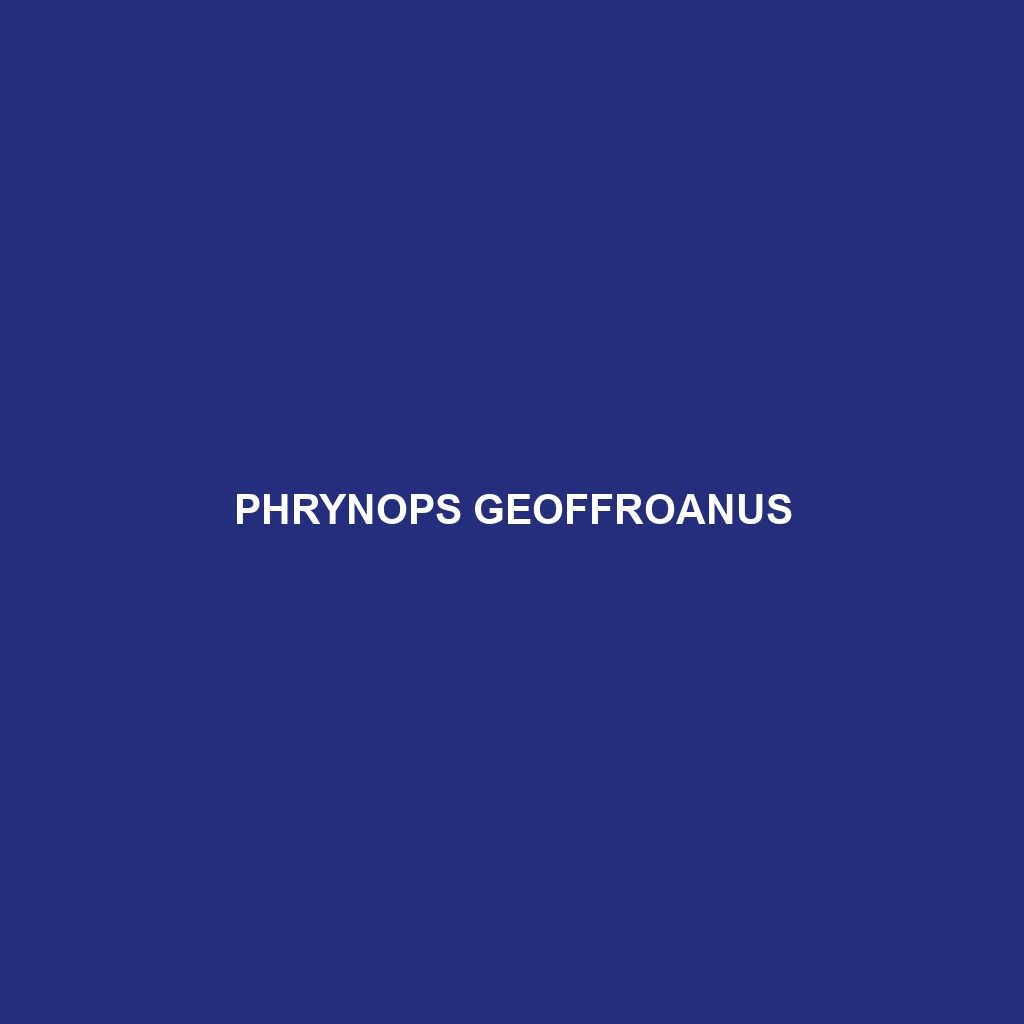<b>Geoffroy's Sideneck Turtle</b> (Phrynops geoffroanus) is a notable freshwater species native to South America, recognized for its unique ability to retract its head sideways into its shell and its adaptable omnivorous diet. Typically found in slow-moving rivers and swamps within tropical and subtropical climates, these turtles play a crucial role in their ecosystem by maintaining aquatic balance and contributing to nutrient cycling.
Tag: omnivorous turtles
Pelusios subniger
Discover the Pelusios subniger, or Black Mud Turtle, a unique species found in Africa's tropical wetlands, characterized by its flattened dark shell with yellowish markings and a notably long neck. This omnivorous turtle thrives in diverse aquatic environments, playing a crucial role in regulating ecosystem dynamics.
Pelusios sinuatus
The African Helmeted Turtle (Pelusios sinuatus) is a unique freshwater species found in sub-Saharan Africa, characterized by its distinctive helmet-like shell, varied habitat preferences, and omnivorous diet. This adaptable turtle plays a crucial role in maintaining aquatic ecosystems and exhibits fascinating behaviors, including complex courtship rituals.
Pelusios rhodesianus
Discover the Pelusios rhodesianus, or Rhodesian mud turtle, a vulnerable species native to Africa's freshwater habitats, characterized by its distinctive oval-shaped shell, soft pliable skin, and omnivorous diet. These turtles play a crucial ecological role in controlling aquatic plant and invertebrate populations while showcasing unique behaviors such as basking in groups and burying themselves in mud during dry periods.
Pelusios niger
<p>The <b>Pelusios niger</b>, or black mud turtle, is a vulnerable species native to freshwater habitats in Central and West Africa, characterized by its robust dark shell and nocturnal feeding behavior. As an omnivorous turtle, it plays a crucial role in its ecosystem by participating in nutrient cycling and controlling insect populations.</p>
Pelusios marani
The Pelusios marani, or Maran's mud turtle, is a medium-sized turtle native to freshwater habitats in central and western Africa, featuring a streamlined dark brown shell and webbed feet for agile swimming. This omnivorous species plays a vital role in its ecosystem by controlling aquatic vegetation and nutrient cycling, but is currently classified as vulnerable due to habitat destruction and the illegal pet trade.
Pelusios gabonensis
The Pelusios gabonensis, commonly known as the Gaboon river turtle, is a striking freshwater species found in the warm habitats of west and central Africa, characterized by its dark brown or olive flattened shell and a versatile omnivorous diet, playing a vital role in maintaining the balance of its aquatic ecosystem. As a Vulnerable species, it faces threats from habitat destruction and over-exploitation, necessitating conservation efforts.
Pelusios carinatus
<p>Discover the <b>African side-necked turtle</b> (<i>Pelusios carinatus</i>), a unique aquatic reptile found in central and western Africa, characterized by its high, domed carapace and elongated neck. This opportunistic omnivore thrives in freshwater habitats, playing a vital role in ecosystem balance.</p>
Pelusios broadleyi
<p><b>Pelusios broadleyi</b>, also known as Broadley’s mud turtle, is a medium-sized, omnivorous turtle native to eastern Africa, thriving in freshwater habitats rich in vegetation. With distinctive dark brown to olive-green shells and a nocturnal foraging behavior, these turtles play a vital role in their ecosystem while facing conservation challenges due to habitat loss.</p>
Pelusios adansonii
Discover the unique Adanson's mud turtle (Pelusios adansonii), a medium-sized, adaptable turtle native to the freshwater bodies of West and Central Africa, recognized for its elongated neck, varied diet of aquatic plants and small fish, and important role in maintaining ecosystem balance. With a stable population status, this species contributes to the biodiversity of its habitats while displaying fascinating behaviors, including nocturnal feeding and social basking.









